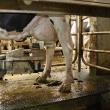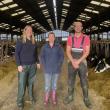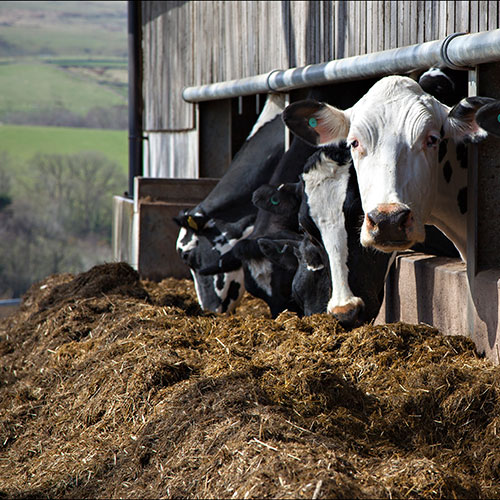Advanced Robot’s experience means they are always challenging me to get the best out of the cows, they maintain the herd’s health status whilst also improving performance.
Advanced Mobility
A New Concept In Long Term Lameness Prevention
Advanced Mobility aims to meet the challenge of herd mobility and the associated problems that result from lameness.
As part of the wider effort to support farmers to produce efficient and sustainable herds, we have identified mobility as a key area to improve animal health, welfare and profitability. The Advanced Mobility program identifies the links between herd mobility with cow performance and longevity. It offers practical herd solutions to help our customers to manage lameness successfully.
Herd mobility is a multifaceted problem in which dairies often take a segmented approach to solving. This approach often leads to a failure in creating the link between factors. Experience tells us, farms often identify bottlenecks but fail to tackle each in a systematic joined up way and therefore never achieve their true potential.
As part of the Advanced Mobility program we begin by giving you a clear overview of your herd’s situation, revolving primarily from our mobility scores.
These include RoMS and digital dermatitis scores as well as an assessment of lesions and trimming records. We will identify the reasons and farm systems that are creating the lameness.
We will provide you with the understanding of the physical, environmental and nutritional influences that are contributing to both infectious and non-infectious disease (lameness) that allows fact-based solutions to be advised in order of priority.
The aim is to create a path to long term prevention of existing problems.
“Advanced Mobility applies a stepwise, logical approach to building foot health, starting with robust, systematic assessment combined with detailed technical support. Crucially, it recognises the importance of working with the farm team.” Nick Bell, MRCVS









